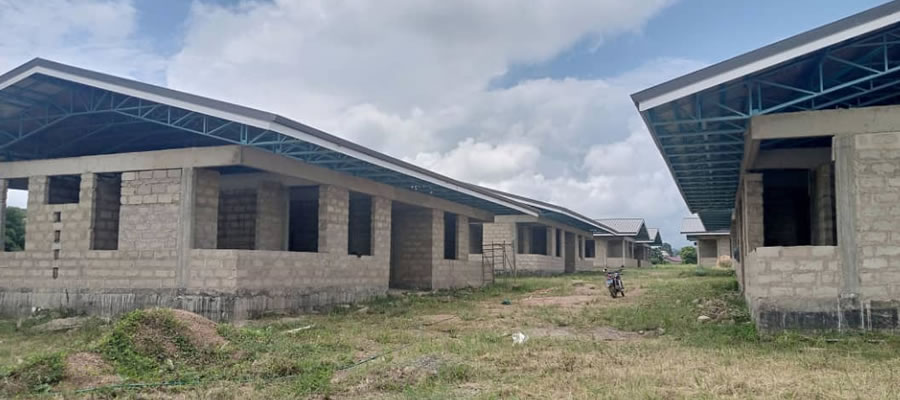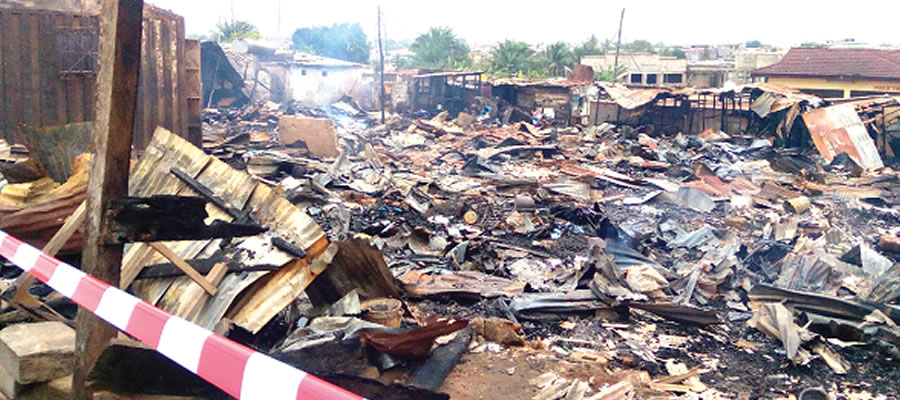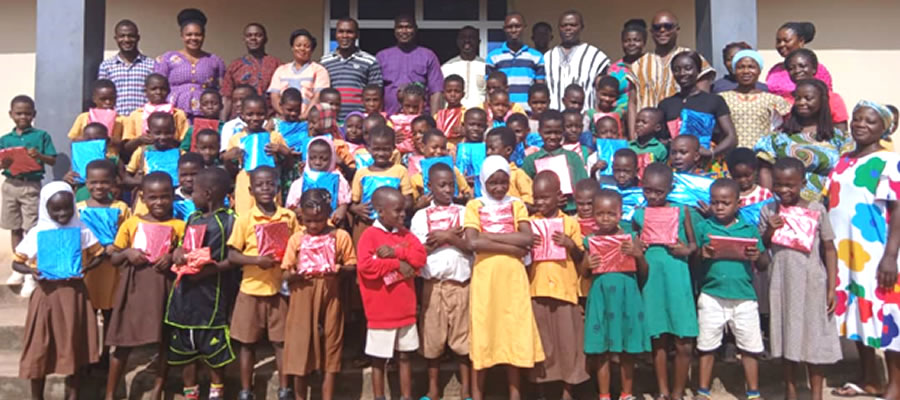

DEVELOPMENT
Development priorities
The District Development Priorities were selected at the stakeholders workshop which was held from Tuesday, 8th to Wednesday, 9th August, 2006. The identified development issues were prioritized through consensus at the workshop. The Development Priorities for the district are those that have:
- Impact on a large proportion of the citizens especially, the poor and vulnerable
- Significant linkage effect on meeting basic human needs/rights
- Significant multiplier effect on the local economy
The identified priorities emerging from this analysis were further
refined by subjecting them to the Potentials, Opportunities, Constraints and Challenges (POCC/SWOT) analysis which appears tables.
Development problems
At the stake-holders workshop held on 13th June, 2006 these development gaps/issues have been identified from the situation analysis as key problems facing the district:
- Low agricultural productivity
- Low income levels among farmers
- Lack of irrigation facilities
- Inadequate agro-processing facilities
- Lack of storage facilities in the district
- Insufficient agricultural extension services to farmers
- Inadequate market for farm produce
- Lack of credit facilities in the district
- Unfavourable land tenure system
- Poor road network
- Undeveloped tourist attractions within the district
- Lack of electricity in some communities
- Low level of economic activity in the district
- Low enrolment in basic schools
- High school drop out rate especially among the girl child
- High poverty level among the citizenery.
- Lack of basic facilities in rural communities e.g. accommodation for teachers, electricity etc..
- Inadequate school infrastructure e.g. classroom blocks, furniture etc.
- Inadequate qualified teachers in basic schools
- Existence of untrained Traditional Birth attendants
- Inadequate Personnel and logistics
- Inadequate access to Health facilities
- Inadequate access to potable water
- Poor sanitary conditions in most communities
- Lack of cesspit emptier in the district
- Prevalence of HIV/AIDS and other diseases
- Inadequate institutional strengthening and capacity building among staff
- Inadequate capacity and skill development for the vulnerable and the excluded groups
- Low internally generated fund (IGF)
- Inadequate education on tax payment
- Insufficient motivation and security for tax collectors
- Over dependence on external sources of funding for the district
- Delay in the release of DACF and other grants
- Lack of allowances for Council staff
- Non functioning of Town/Area Councils and Unit Committees
- Inadequate involvement of women in decision-making process
- Lack of communal labour in most communities
- Inadequate office and residential accommodation for staff
- Environmental degradation e.g. indiscriminate felling of trees, stone quarrying, sand winning, bush fires and land erosion etc.
Date Created : 11/21/2017 5:27:13 AM










 facebook
facebook
 X
X
 Youtube
Youtube
 instagram
instagram
 +233 593 831 280
+233 593 831 280 0800 430 430
0800 430 430 GPS: GE-231-4383
GPS: GE-231-4383 info@ghanadistricts.com
info@ghanadistricts.com Box GP1044, Accra, Ghana
Box GP1044, Accra, Ghana